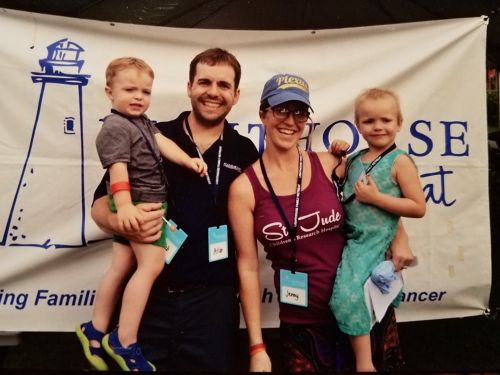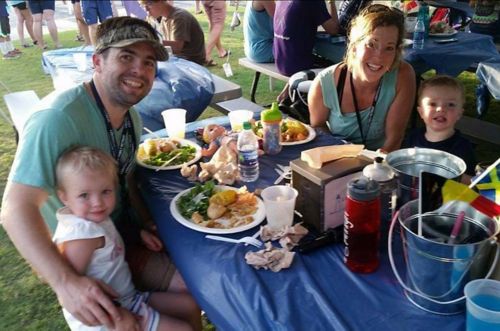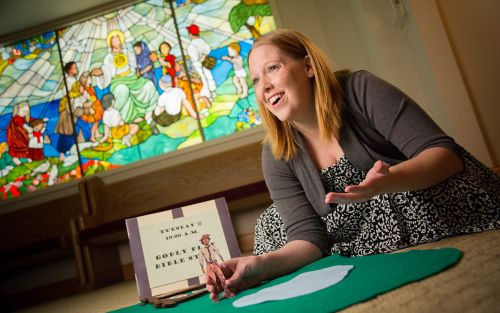Jenny is good at keeping a positive perspective on life.
She was thrilled when her daughter, Mabry, finished chemotherapy. Her little girl could play on the playground with other children again. She could have fried rice and brewed tea at restaurants. Mabry was diagnosed acute lymphoblastic leukemia, the most common form of childhood cancer, in 2014 when she was 2. She completed therapy in 2017 and remains cancer-free.
But even Jenny had concerns when Mabry finished her cancer treatment. Would the cancer come back? She worried about being worried.
“I asked people to pray for me, so I wouldn’t worry,” Jenny said. “I don’t think the worry ever totally goes away. You learn to cope with it in your own way – whether it’s prayer or talking to someone about it. Look for positive things. Faith is what got us through our journey.”
Learning how to handle anxiety is important. Worry can be a constant companion after your child completes therapy. Jenny said prayer and focusing on what’s positive has kept anxiety away.
“I am not glad Mabry went through what she did, but looking back on it the pros outweigh the cons,” Jenny said. “We look at life differently. It helped us become more compassionate. I learned that everyone has a story. Everyone has something going on. You look at as a learning opportunity to teach kids compassion.”
Jenny’s advice for making the transition off therapy — Learn about the different resources available for families and use them. Many different organizations have programs that can be helpful – from camps to wish-granting organizations to special toys for cancer patients. The social work department at cancer centers have information about all sorts of resources.
Jenny and her family have attended a few camps for families of childhood cancer patients. They went to The Lighthouse Family Retreat in Florida during Mabry’s treatment. After she finished therapy, the family visited Camp Sunshine in Maine. (Note: Together does not promote specific camps. There are many camps included on our site.)
Jenny and her family loved connecting with other families who had been through similar experiences. Camps include activities just for parents. They can share and talk with each other.
“During a retreat one of the parents said maybe we’re going through this for other people,” Jenny said. “We’re able to shine a light for people. You go through something yucky and then you’re able to help someone else going through a similar situation. You can help people find positive ways to handle what they’re going through.”





